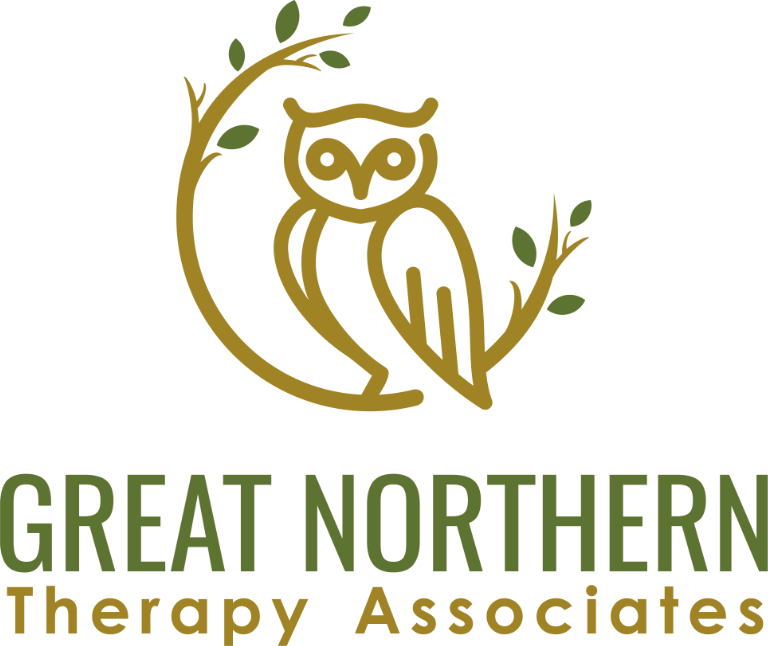May is Mental Health Awareness Month, so we are taking some time to share the benefits of mindfulness and meditation. Employers who are facing The Great Resignation have shifted toward prioritizing employees’ health to retain their workforce and attract new talent. Mindfulness practices can be engaged in anywhere, so the work-from-home population can also benefit.
Stress is the Enemy (and at an All-Time High)
According to the American Psychological Association, stress (and burnout) are at an all-time high. From longer work hours to increased demands at home, the COVID-19 pandemic introduced new stressors to nearly every domain of life. As the world heads into the 3rd year of the pandemic, these stressors have become persistent and indefinite, heightening everyone’s risk of burnout.
Mindfulness is the practice of paying attention to the present moment in an accepting, nonjudgmental way. There are many simple exercises to engage in mindfulness and research has shown mindfulness practices reduce stress at work.
Meditation and Mindfulness Practices Benefits
There are many ways to cultivate mindfulness at work, from walking during the day to taking purposeful pauses when eating. One of the most reliable ways is simple meditation. Studies have shown that meditation:
- Reduces anxiety
- Controls depression
- Reduces stress
- Can reduce blood pressure
Put most simply, meditation is a way to train the mind. Most of the time, our minds are wandering — we’re thinking about the future, dwelling on the past, worrying, fantasizing, fretting or daydreaming. Meditation brings us back to the present moment, and gives us the tools we need to be less stressed, calmer and kinder to ourselves and others.
Meditation can offer a sense of calm and peace, which can benefit both emotional well-being but also your overall health. Emotionally, meditation can help reduce negative emotions, manage your stress and increase patience levels. However, meditation doesn’t just help you on an emotional level, but it can also be effective as a way of improving medical conditions, especially ones which may be worsened by stress.
Two Simple Meditation Exercises
If you are curious about how to get started, there are two simple meditation exercises on Harvard Health’s website here.
Great Northern Helps Injured Workers Recover
Great Northern Therapy Associates addresses anxiety as part of the mental health services we provide to injured workers. We have therapists throughout many states who can meet in person and via remote telehealth sessions to work with injured workers and develop an individualized plan to help them adjust and successfully return to work.
We have partnered with and provided mental health support to workers at some of the largest companies in the world. But, at our core, we are still “people taking care of people,” one person at a time. Contact us today by filling out a form (below), submitting a referral, or calling us at the number below.

